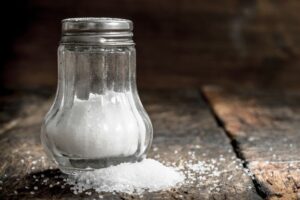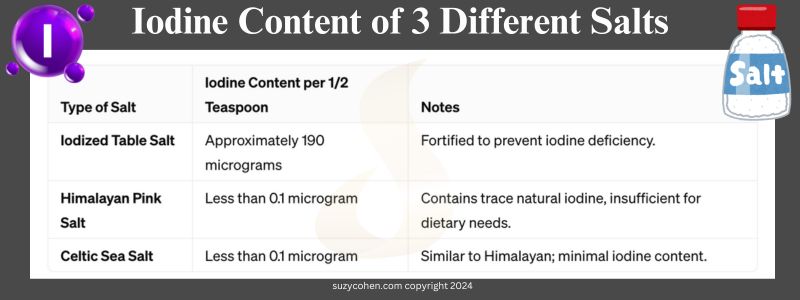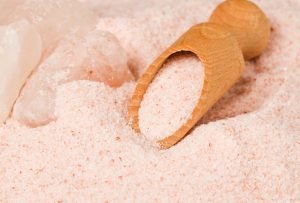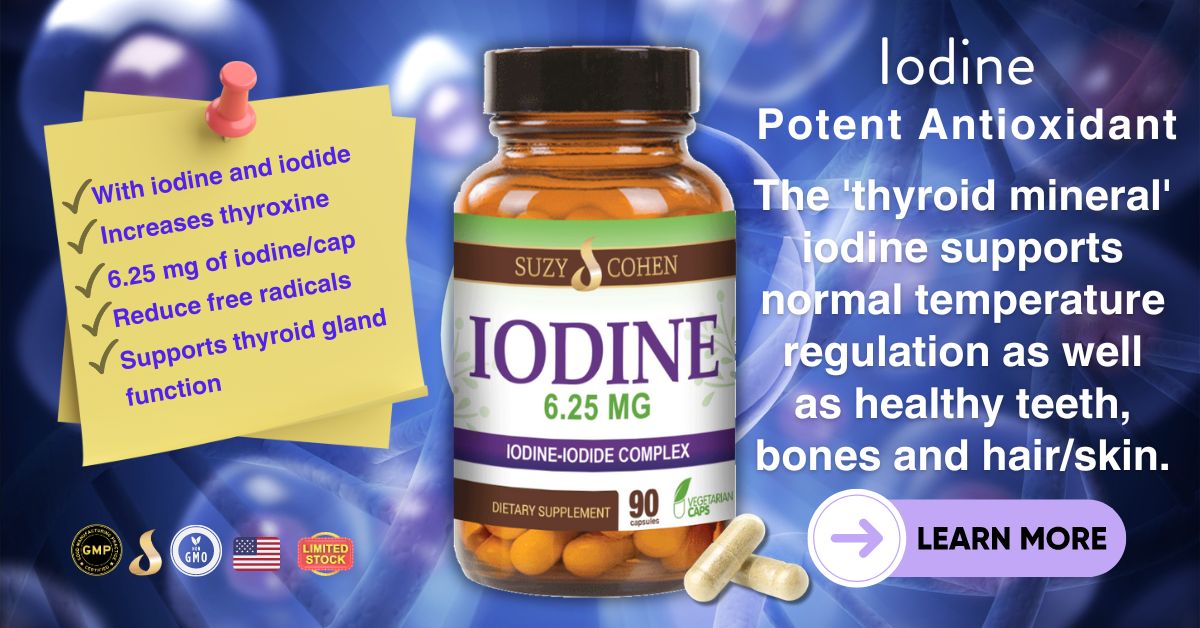What's On This Page?
ToggleSalt is ubiquitous in kitchens and restaurants across America, but not all salts are created equal. Sea salt is different than iodized table salt. Understanding the significant differences between table salt and high-quality salts can impact your health in profound ways.
The Salt You Choose Matters
Many people have asked me about my stance on salt after reading snippets from my books. Let me clarify: I never claimed that all salt is harmful. The key lies in choosing the right type of salt. Regular table salt and high-quality sea salt, like Himalayan and Celtic, both primarily consist of sodium chloride which is essential for bodily functions. However, the similarities end there.
Why Table Salt Falls Short Compared to Sea Salt
Regular table salt undergoes a heavy refining process that strips away most natural minerals, leaving behind almost pure sodium chloride. It’s so refined that it resembles the industrial chemicals used to de-ice highways. This lack of natural minerals and the addition of anti-caking agents make table salt less beneficial and potentially harmful to your health, contributing to issues like high blood pressure when consumed in excess.

They Have Rich Mineral Content
Unlike table salt, natural sea salts such as Himalayan pink salt and Celtic sea salt are minimally processed, ensuring the retention of a broad spectrum of essential minerals. Himalayan salt, for example, contains over 83 different minerals, including significant amounts of iron, which gives it a distinctive pink color. Celtic salt, particularly the French Grey variety, is also highly prized for its high mineral content, though it features fewer minerals than Himalayan salt but in higher concentrations.
Recommended Natural Salts
- Himalayan Pink Salt: Sourced from ancient salt beds within the Himalayan Mountains in Pakistan, this salt is an excellent source of iron and other minerals.
- Celtic Sea Salt (French Grey Sea Salt): Harvested from the clay-lined salt ponds in the Brittany region of France, this salt is renowned for its high mineral content and therapeutic properties.
The Iodine Factor in Salt:
A common argument in favor of table salt is its iodine content, added back to prevent iodine deficiency disorders. However, the minimal amount you receive from iodized table salt is hardly sufficient for health benefits, and relying on it for your iodine intake isn’t advisable.

Thyroid Health and Iodine-Rich Salt
The type of salt you consume can directly impact your thyroid health. Iodine, a critical nutrient found naturally in sea salts, is essential for thyroid function. The thyroid gland uses iodine to produce thyroid hormones, which regulate metabolism, energy production, and cellular repair.
Natural sea salts can provide trace amounts of iodine in a bioavailable form, making them a better choice for supporting thyroid health than heavily processed table salt. Iodine plays a pivotal role in the health of your thyroid gland, which is the master control center for your metabolism. Some people like to test themselves to see if they’re iodine deficient. If you do that, or plan to, read my other article: Iodine Testing Simplified: Top 6 Iodine Testing Methods Available Now.
This essential mineral is used by the thyroid to produce thyroid hormones, which regulate everything from your heart rate to how quickly you burn calories. Iodine isn’t just important for your thyroid, though – it’s also crucial for reproductive health. You can read this article about hypothyroidism and iodine: Why Salt is Not Enough – 7 Reasons to Supplement with Iodine.

Adequate iodine levels are essential for a healthy pregnancy and for the development of the fetal nervous system.
So, while it might seem like just a simple element, iodine is a powerhouse nutrient that supports vital functions in your body, helping you to stay energized and ensuring your metabolism and reproductive system work as they should.There is a 2022 paper entitled, Impact of iodine intake on the pathogenesis of autoimmune thyroid disease in children and adults.
This paper explores the relationship of iodine with thyroid goiters and the crucial role of iodine in thyroid health. As you know, thyroid hormones (essential for regulating metabolism), are made with iodine making it an indispensable nutrient. A lack of sufficient iodine can lead to an enlarged thyroid gland (a condition often referred to as goiter) and can precipitate thyrotoxicosis if the deficiency is only moderate.
The paper goes on to talk about the global prevalence of iodine deficiency despite the known benefits of iodine supplementation through iodized salt, or supplements. It points out that dietary trends, such as vegetarianism or efforts to reduce salt intake for controlling hypertension, may contribute to inadequate iodine levels. This could be one reason to consider iodine supplementation. I have a GREAT Iodine supplement at my vitamin shop if you are looking for one.

Summary
Choosing the right type of sea salt is more than a matter of taste; it’s about nourishing your body and supporting overall health, including critical functions like thyroid and heart health. I like REAL® Salt myself, but also have in my kitchen Himalayan and Celtic. I use different salts for recipes.
By opting for natural, minimally processed salts, you not only enhance the flavor of your food but also intake a variety of essential minerals.

Suzy Cohen, has been a licensed pharmacist for over 30 years and believes the best approach to chronic illness is a combination of natural medicine and conventional. She founded her own dietary supplement company specializing in custom-formulas, some of which have patents. With a special focus on functional medicine, thyroid health and drug nutrient depletion, Suzy is the author of several related books including Thyroid Healthy, Drug Muggers, Diabetes Without Drugs, and a nationally syndicated column.


